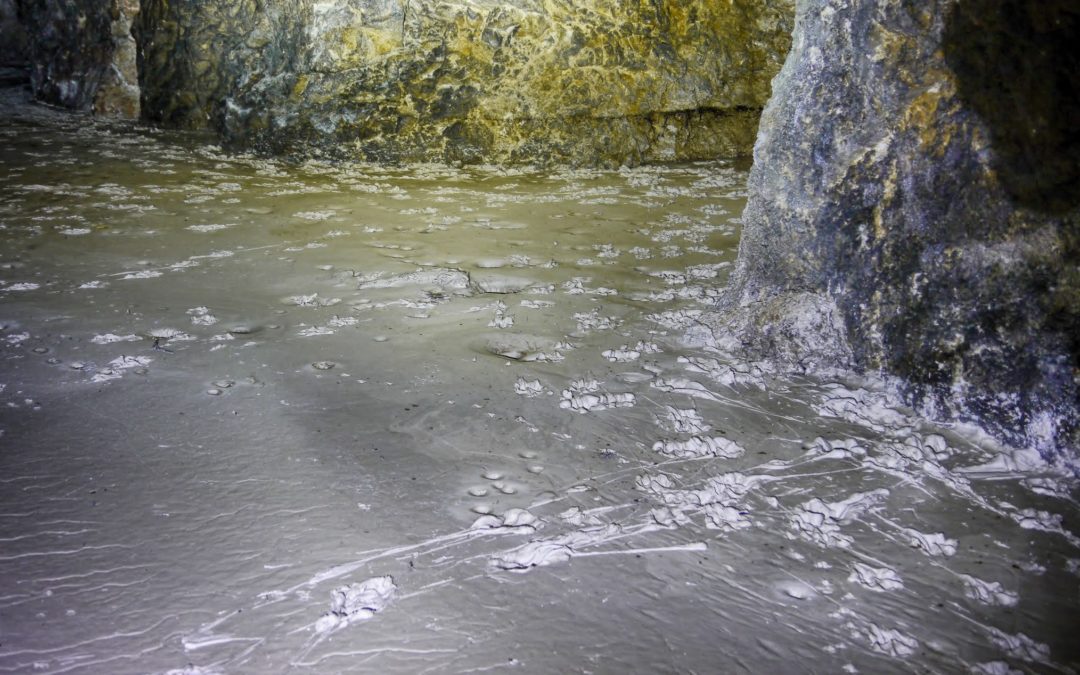Jeff Deutsch is bravely leading The Seminary Co-op Bookstores in Chicago forward, though like many of its species, the store must strive hard to overcome deficits and online book sales. Deutsch says, “We don’t believe it’s just a business. We believe it has cultural value, extra-economic value, that cannot be found on a profit-and-loss statement.”
He goes on: “Inefficiency has its place. In raising children, in most artistic endeavors, and in bookselling, a modicum of inefficiency is in order.”
This is true about writing, whether it is the “creative” kind or the “other” kind. (There’s a curious paradox in these categories. One the one hand, what kind of writing can’t be creative? Even a legal document or a math textbook can have a spark in it. On the other hand, a writer doesn’t create but recombines from existing materials, since matter can neither be created nor destroyed — but what matters can.)
For many years, I’ve quoted the poet Wendell Berry on what sounds to me like the writing process:
Be like the fox
who makes more tracks than necessary,
some in the wrong direction.
This kind of inefficiency leads to discovery and new combinations as we sniff down what we need and often backtrack or leap across chasms or sit in one place too long or not long enough. There is no way to predict the path and often we leap off it.
There are other paradoxes at work in co-writing: both parties want to finish, yet the joy in co-creating keeps them together. You can complete a project faster and with more momentum even when it starts with fits and starts and stops and starts.
When I moved from writing FOR people to writing WITH them, I took a big foxlike step. Being like the fox means allowing yourself to be observed having no fixed plan, no clear and direct path to follow. Hunting and pecking for words feels exposed, and early on, I apologized a lot. That stopped pretty quickly because I wanted my co-creators to stop apologizing, and because I knew that if I was too self-conscious about the process I’d never be able to complete the product.
The miracle is that inefficiency is one of the most creative forces out there. A slip of the hammer on marble, an erasure or extra layer of paint, one ingredient substituted for another — these are more than inefficient, they are WRONG. And writing wrong gets more done than writing according to plan.
At least for me. And with me. My built-in inefficiency means that I’ll always be reaching further and breathing harder than the absolute minimum. (I first wrote “than absolutely necessary,” but it seems pretty clear to me that that kind of stretching beyond is indeed absolutely necessary. And no one can tell me exactly what is necessary to start and stop a piece of writing.)

